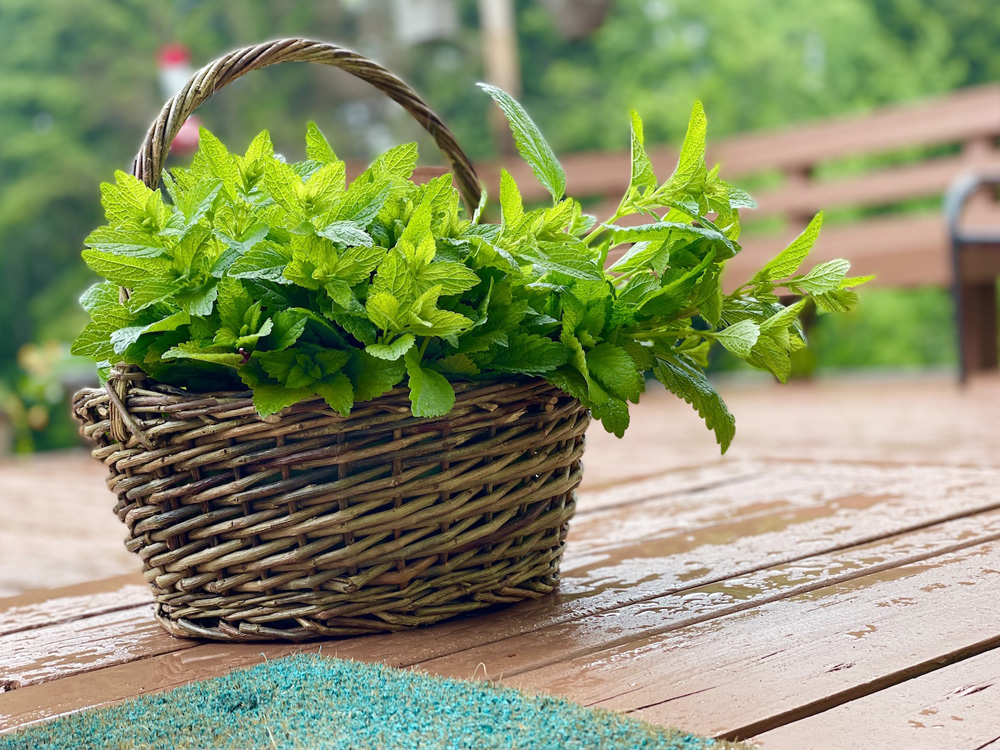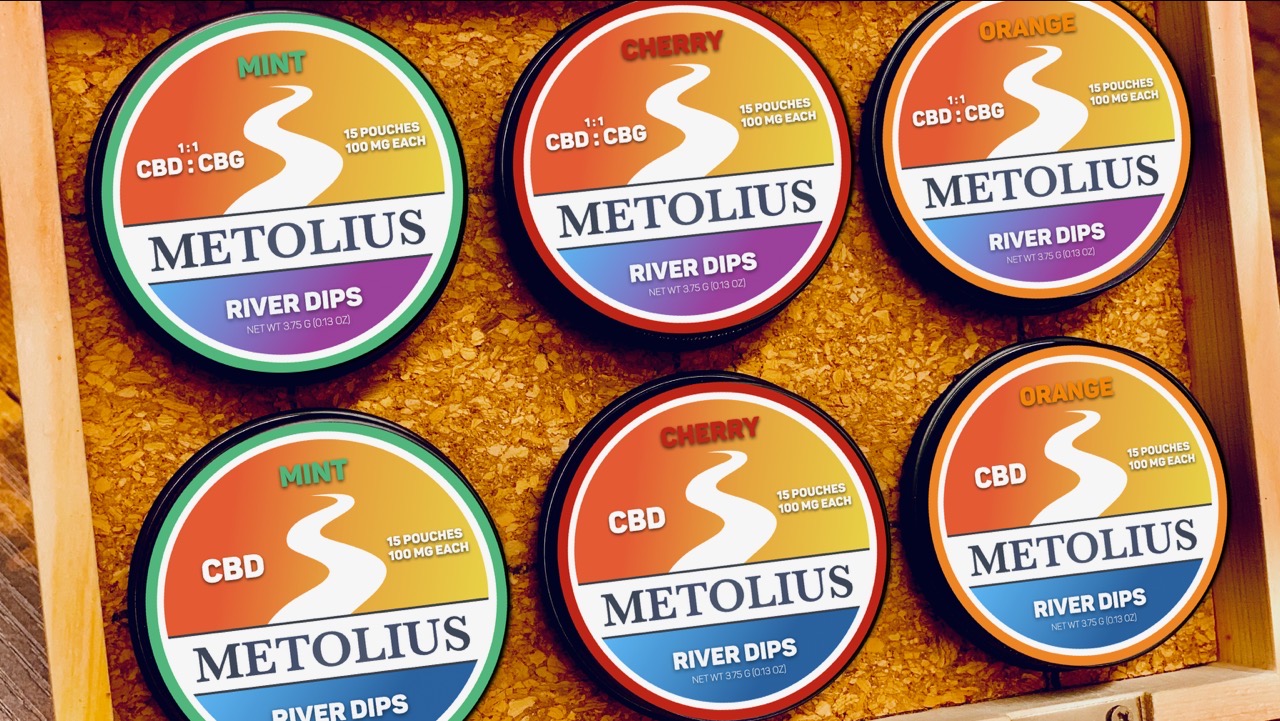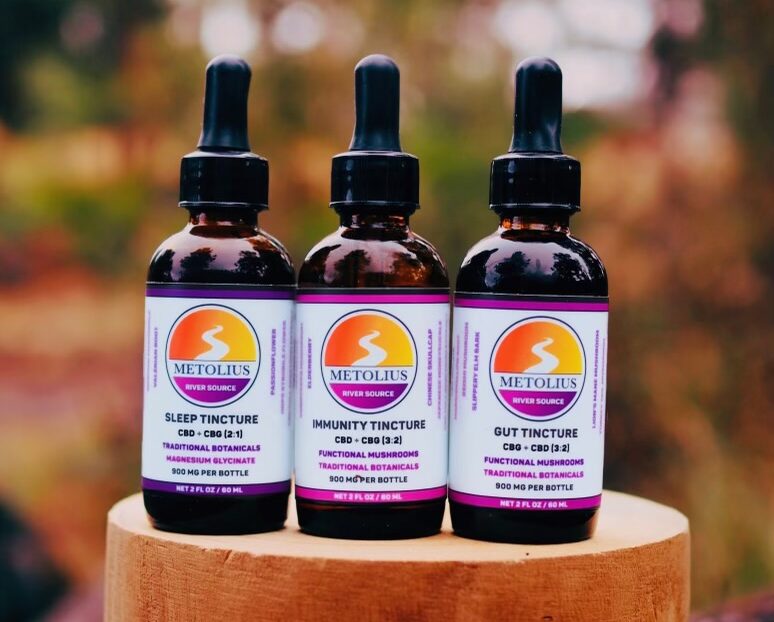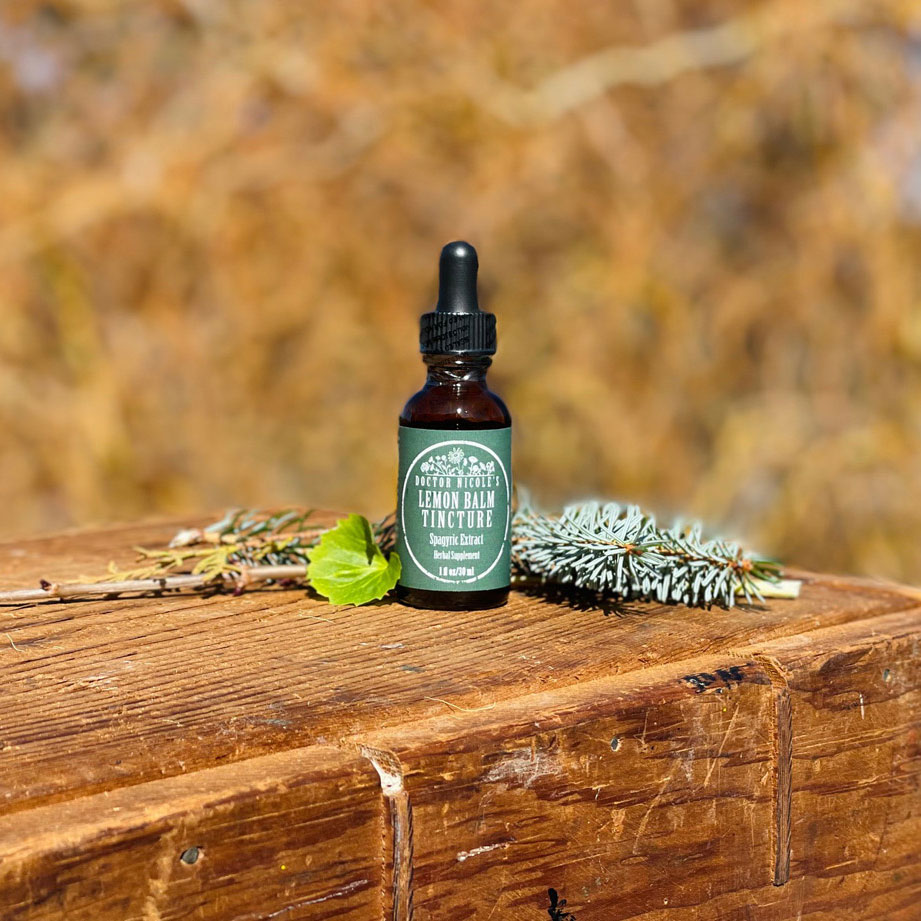What is ADHD?
Classified as a neurobehavioral disorder linked with heightened levels of impulsivity and excessive energy, those with attention deficit hyperactivity disorder (ADHD) typically have a difficult time focusing on a single task or being still for long. While the disorder is often associated with children, plenty of adults struggle with the condition as well. It can seriously impact schooling, work, and relationships. Below we will explore the symptoms of ADHD and several helpful natural remedies — including CBD products.
Key Symptoms
As with any mental health condition, it can present itself in a variety of ways depending on the individual. Common symptoms may include:
- The need to fidget and difficulty sitting still
- Trouble concentrating
- Easily distracted
- Forgetful about following through with tasks
- Talking excessively
- Skipping details while working or studying
- Interrupting when someone else is speaking, playing, or focusing on a task
Someone with ADHD may also struggle with the following:
- Waiting their turn
- Paying attention
- Remembering information/learning
- Regulating emotions and behaviors
Risk Factors for ADHD
The exact cause of ADHD is unknown, but researchers suspect several factors play a role in the development of ADHD. These include genetics, nutrition, neurotoxins such as lead and pesticides, and maternal smoking and alcohol use during pregnancy.
Some have found spending time in nature and going barefoot helps to calm the symptoms of ADHD, while others have found success with herbal remedies — such as cannabis and lemon balm.
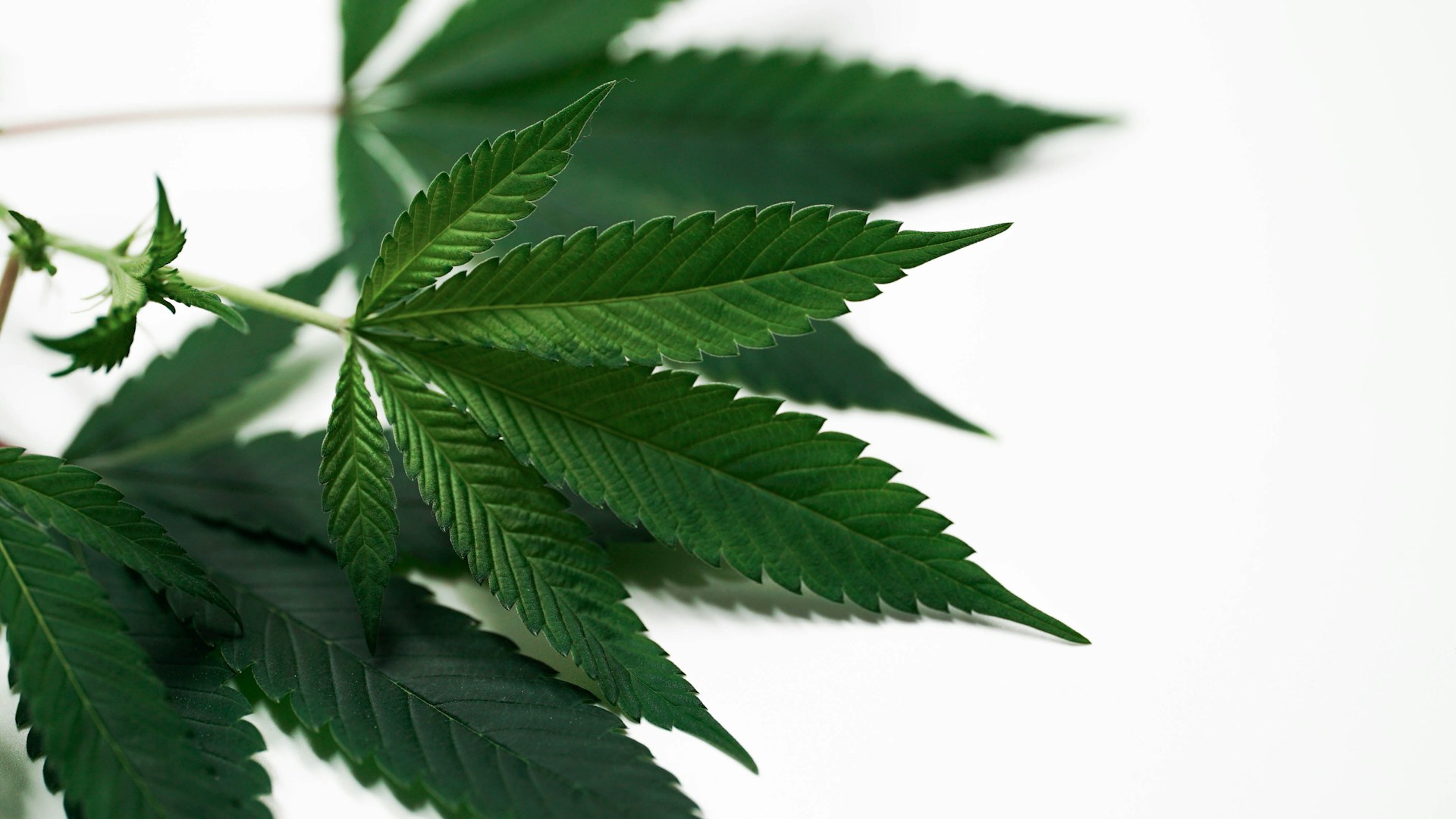
Cannabis: The Basics
The cannabis plant has two main bioactive compounds: Tetrahydrocannabinol (THC) and Cannabidiol (CBD). THC is famously known for its psychoactive effects in making you feel “high”. It attaches to the cannabinoid receptors found throughout the nervous system and brain. Marijuana contains significant levels of THC.
CBD is the non-psychoactive compound and is found in both cannabis and hemp plants. It counteracts the effect of THC and impacts a different part of the brain with CB1 and CB2 cannabinoid receptors. CB1 is directly related to epilepsy and is the more abundant type in the brain, while CB2 is more abundant in the immune system and is linked with pain and inflammation. Because CBD is not addictive and doesn’t produce a high, many have turned to it for its purported health benefits.
Indica strains of cannabis have a higher ratio of CBD, which is considered the most beneficial for ADHD. CBD isolate and broad-spectrum CBD products that are produced from hemp do not contain THC. However, full-spectrum CBD products derived from hemp can contain a tiny amount of THC (0.3% or less), but it isn’t enough to cause a psychoactive effect. An increase of naturally occurring cannabinoids in the body may help to decrease anxiety and calm hyperactivity, but further research is needed.
Marijuana is often used by adults to manage ADHD and depression as seen in two studies examining cannabis use in adults.1,2 One found that those who used cannabis consistently reported increased hyperactivity and impulsivity when they were not using it.1 Anecdotal reports have claimed that CBD oil reduces ADHD symptoms, including hyperactivity or restlessness.5 However, the overall impact of cannabis on these conditions is unclear.
Is it legal?
While hemp-derived CBD products with less than 0.3% THC are legal in most states under the 2018 Farm Bill, it is always wise to check with your local regulations before purchase and use.
Safety
CBD is generally safe for adults. However, it is uncertain whether it is safe to use CBD products in those under the age of 21 as the potential long-term effects on the hormonal system are not known.3 It is also very important to consult with your healthcare practitioner before using CBD if you are currently taking prescription medication — especially those for treating mental health conditions. Side-effects can include tiredness, nausea, headaches, diarrhea, and changes in appetite and weight. A 2017 review found that adults can typically tolerate doses of CBD up to 1,500 milligrams a day without ill effect.4
For children and adults alike, lemon balm is an excellent alternative if you are uncertain about CBD. As I wrote in “Autism and ADHD: How to Manage Symptoms Naturally“:
“An excellent herb for calming the nervous system, lemon balm can help those with autism or ADHD experience better sleep and improve intellectual performance and mood. It stops the constant flow of anxious thoughts and helps with mild depression. Importantly, it promotes mental alertness and clarity of mind.”
You can learn more about lemon balm here.
My Favorite CBD Products
If you would like to give CBD a try, I have happily used Metolius hemp products for quite some time with outstanding results for inflammation, managing MS, improving focus, and as an adaptogen for stress and anxiety. I chose their product over the many other options on the market because it has the highest quality isolate and contains a greater amount of cannabinoids and terpenes. This creates a synergy that helps to boost the efficacy of each bioactive compound.
The River Dips are my go-to CBD product when I need to calm the stress response and clarify my thinking. It contains CBD and CBG isolate, along with magnesium.
What’s more, I have partnered with Metolius Hemp Company to create three products for Immunity, Gut Health, & Sleep. If you would like an all-in-one formulation with added CBD, these are for you!
But that’s not all. My friends over at the Metolius are giving you a generous 30% off so you can try these exciting products for yourself.
Use the coupon code “Nicole” for 30% off your entire order (except the already discounted CannaClubs).
Visit Metolius Hemp Company today to learn more about their range of high-quality and effective products!
Nicole Apelian
Nicole’s Apothecary Products in this Post
References
- Loflin, M., Earleywine, M., De Leo, J., & Hobkirk, A. (2013). Subtypes of Attention Deficit-Hyperactivity Disorder (ADHD) and Cannabis Use. Substance Use & Misuse, 49(4), 427–434. https://doi.org/10.3109/10826084.2013.841251
- Morse MC, Benson K, Flory K. Disruptive Behavior Disorders and Marijuana Use: The Role of Depressive Symptoms. Substance Abuse: Research and Treatment. 2015;9s1. doi:10.4137/SART.S31432
- Iffland, K., & Grotenhermen, F. (2017). An Update on Safety and Side Effects of Cannabidiol: A Review of Clinical Data and Relevant Animal Studies. Cannabis and cannabinoid research, 2(1), 139–154. https://doi.org/10.1089/can.2016.0034
- Iffland, K., & Grotenhermen, F. (2017). An Update on Safety and Side Effects of Cannabidiol: A Review of Clinical Data and Relevant Animal Studies. Cannabis and cannabinoid research, 2(1), 139–154. https://doi.org/10.1089/can.2016.0034
- “CBD oil for ADHD: Does it work?” Medically reviewed by Zara Risoldi Chrane, Pharm.D., M.S., FASCP — Written by Jon Johnson on June 28, 2019, Medical News Today. https://www.medicalnewstoday.com/articles/325599


